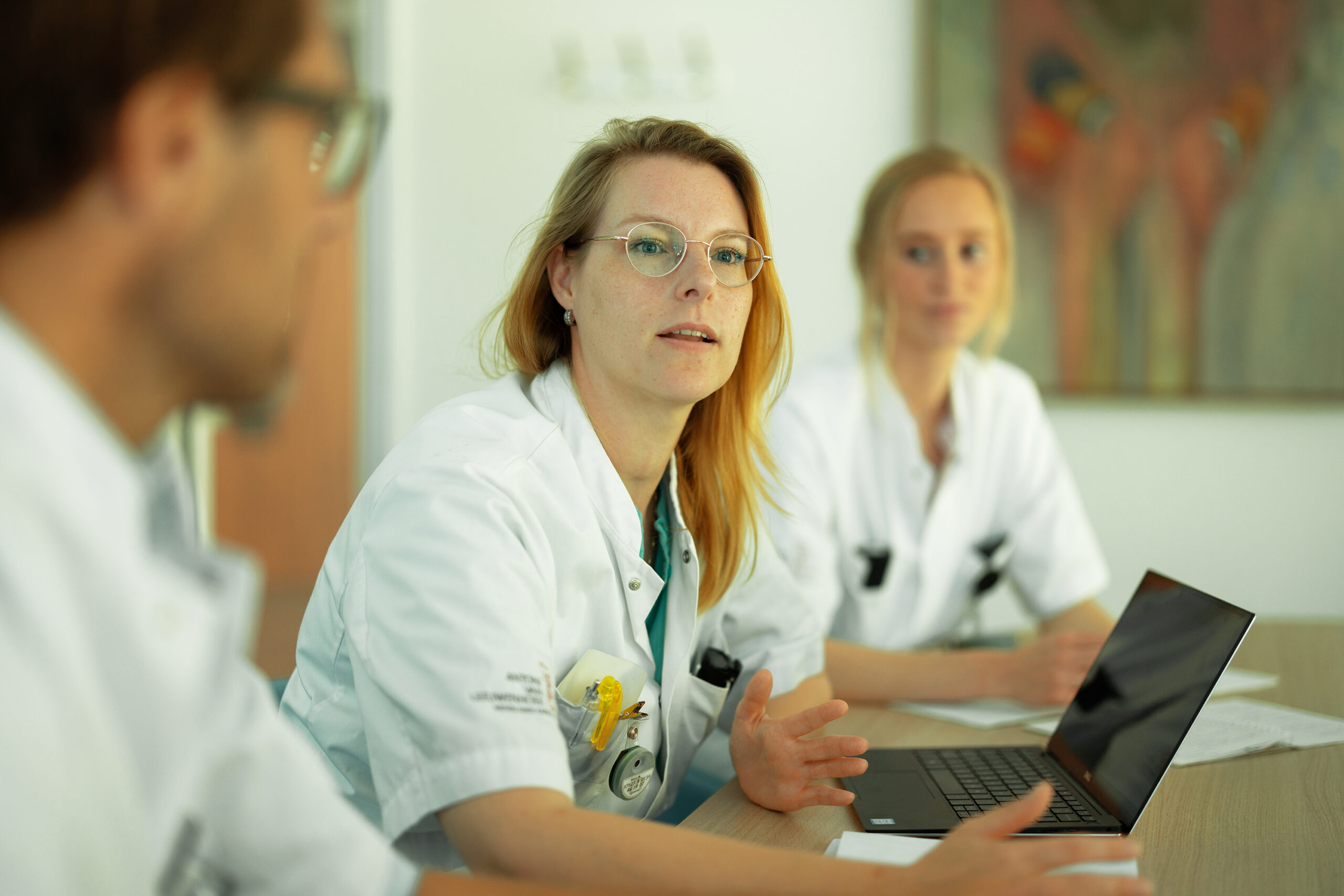
GENAYA
Each year, some 3900 people in the Netherlands aged between 18 and 39 are diagnosed with cancer. People at this age are known as AYAs: Adolescents and Young Adults. These patients are approached in the same way as adults by a diversity of medical specialists in hospitals throughout the Netherlands. These doctors work in multidisciplinary partnerships to ensure the best possible treatment scenarios with the best possible outcome for AYA patients. A complete DNA test of the tumor may help to refine their diagnosis and can reveal potential new treatment options.
Thanks to ongoing research, we have discovered that the genetic characteristics of specific tumors may differ by age group. AYAs are no children and do not belong in the same category as elderly people. So important is to define the best treatment path for AYAs with cancer. More scientific research is needed to understand this better. Hartwig is building a database containing anonymous genetic data of tumors and treatment histories of patients.

GENAYA
What are the tumor characteristics of young adults diagnosed with cancer? What is the best treatment scenario for each AYA based on their individual situation? These are questions we want to answer in the GENAYA project.
GENAYA stands for ‘A national database of GENome data of Adolescent and Young Adult cancers’. In the GENAYA project we are mapping the DNA of 1000 young adults. This will help us to make more detailed diagnoses and hopefully this will also offer potential new treatment options for AYAs.
What is the link between DNA and cancer?
Human DNA, the ‘human genome’, consists of 2 x 3 billion ‘letters’ (one copy from the mother and one from the father) and is present in every cell in the body. This DNA contains all the information necessary for a cell, tissue and organism to function and for cells to divide.
DNA can be damaged accidentally or by environmental factors. This can lead to changes in the properties of a cell, which is how cancer arises. To understand and treat a tumor, it is important to be able to build the clearest possible picture of the damaged DNA in that tumor. We use the technique of Whole Genome Sequencing (WGS) to reveal all this damaged DNA. To verify that the damage only occurs in the tumor, the tumor DNA is always compared to the patient’s ‘normal’ DNA. We use the DNA in the blood to this end.
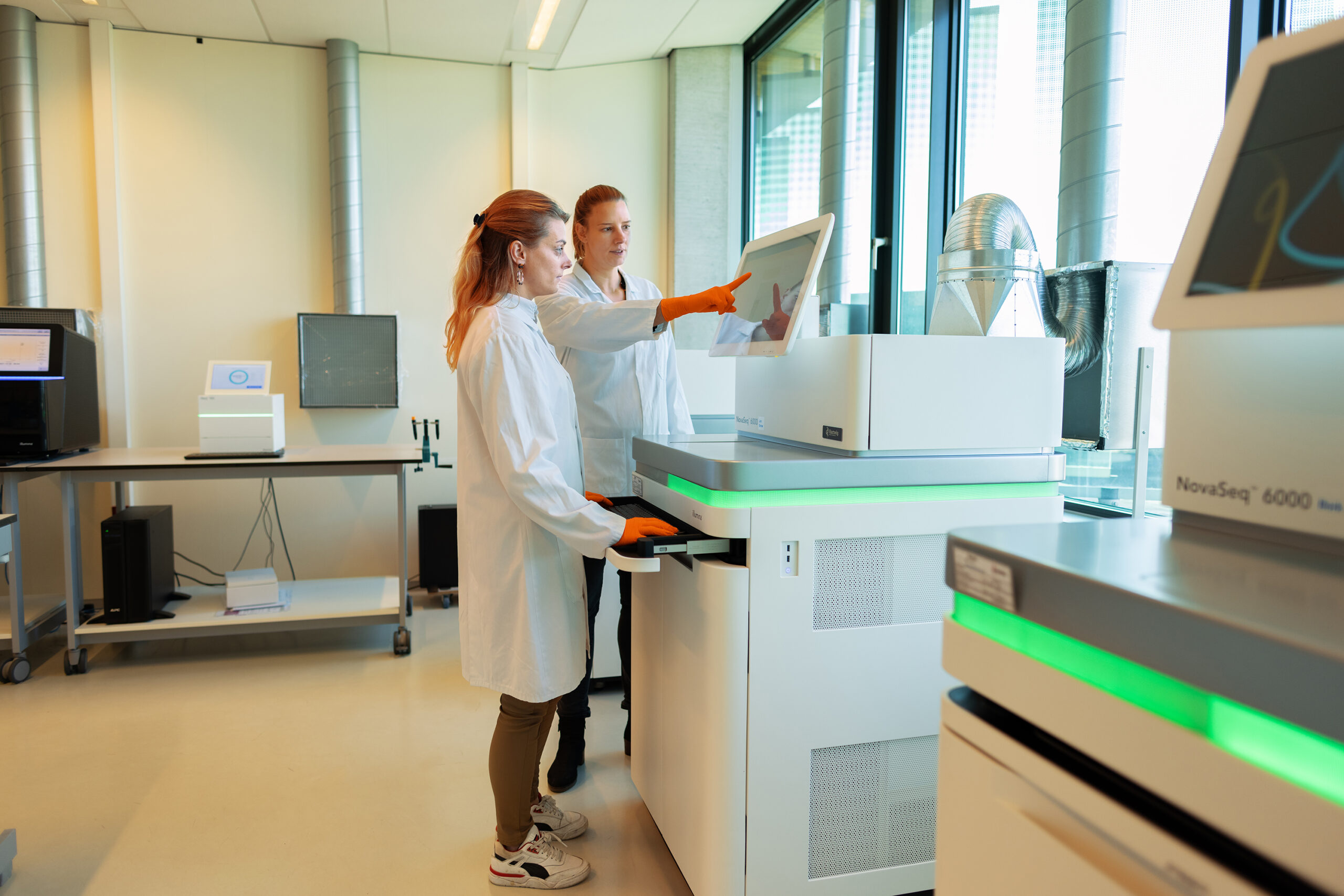
How do patients benefit from the GENAYA project?
Currently, WGS based complete tumor DNA tests are not usually part of the standard procedure prior to starting treatment. However, these tests provide a great deal of additional information about a tumor and possible new treatment options. The 1000 patients participating in the GENAYA project undergo a WGS test and then discuss the results with their oncologist. The results of this DNA-test may be used to define the best treatment proposal.
Tumor tissue is needed to perform the DNA test. Sometimes tumor tissue is available from an operation that has been carried out before. Otherwise a new biopsy has to be taken to sample of tumor tissue of several mm’s. In both cases the tumor tissue has to be stored on ice. If it is collected in another way, the DNA of the tumor may be damaged and in that case, a complete DNA-analysis is not possible. Besides tumor tissue, a test tube of the patient’s blood has to be sent to our laboratory. After the analysis in the laboratory, we prepare a report in which we describe the most important DNA alterations in the tumor. In this report we suggest potential treatment options, both standard and experimental, based on the results. WGS and the resulting report form the complete tumor DNA test. The process is described in this short video.
The report is sent to the attending physician, who discusses the results with the patient, including whether the suggested new and/or additional treatments are realistic in this individual patient’s case.
The patients of the future may also benefit from what we learn from the patients of today. The data of consenting patients are stored in encrypted form and anonymized in the Hartwig Medical Database for further research. This data consists of information on the patients’ DNA and their treatment histories and outcomes. This will enable us to more accurately tailor treatments of the patients of the future to their specific tumor characteristics.
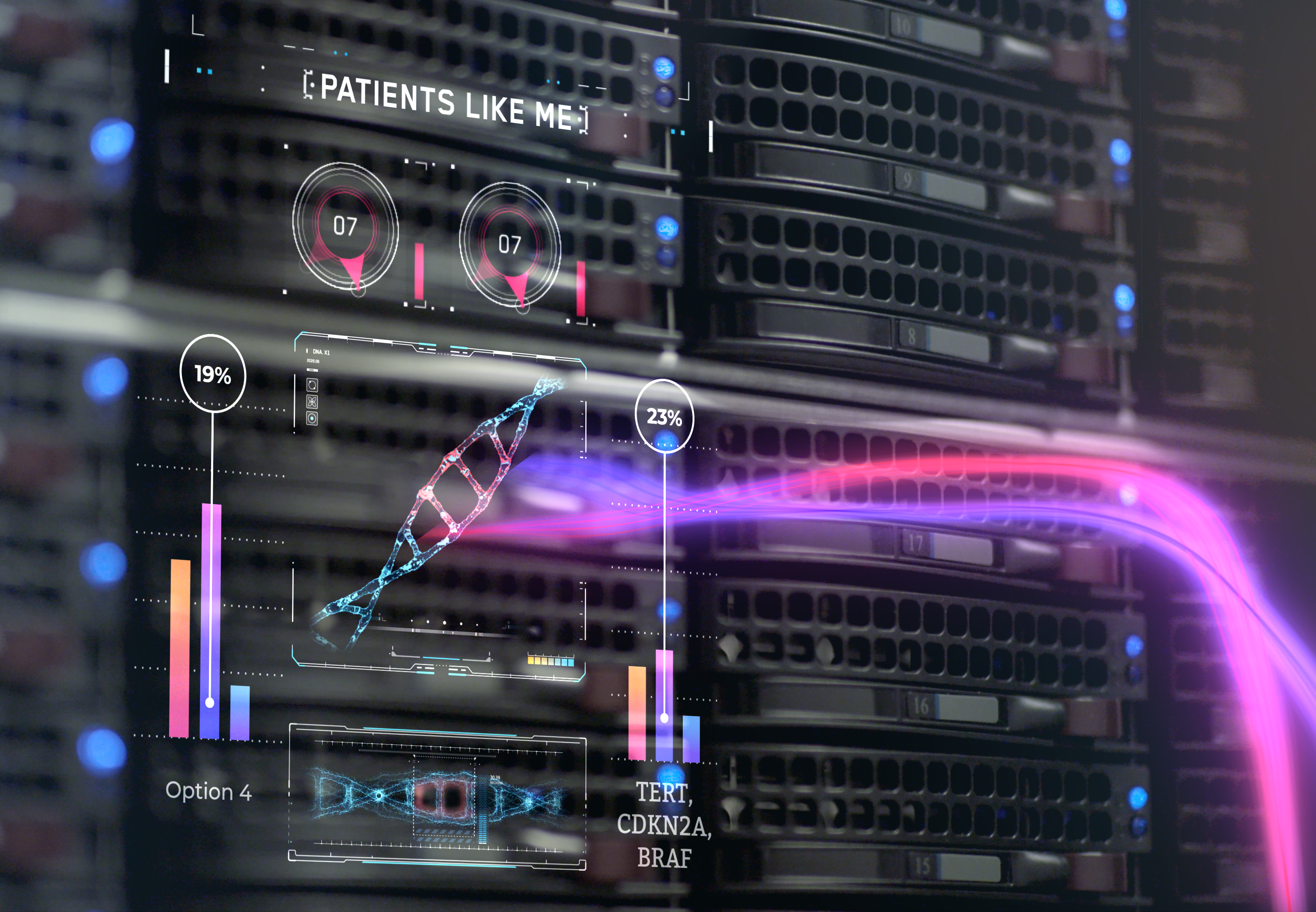
Hartwig Medical Database
The Hartwig Medical Database currently contains the tumor data of more than 6000 patients with metastatic cancer, making it the largest such database in the world. However, there is still relatively little data on young adult patients in the database.
GENAYA is helping us to expand this database with the data of 1000 young adult patients with various forms of metastatic and non-metastatic cancer.
Researchers from around the world can use this data for their research by submitting a request to an independent research committee. If this committee approves the research proposal, the research group can use the specific data set needed for research, free of charge. This will help us to learn more about cancer in young people and how to treat it, and hopefully enable us to provide these patients with even better care in the future. Researchers have already made many discoveries based on the data in our database. More than 200 research groups in 80 countries are conducting research based on this data. They have already published more than 120 articles in leading international scientific journals.
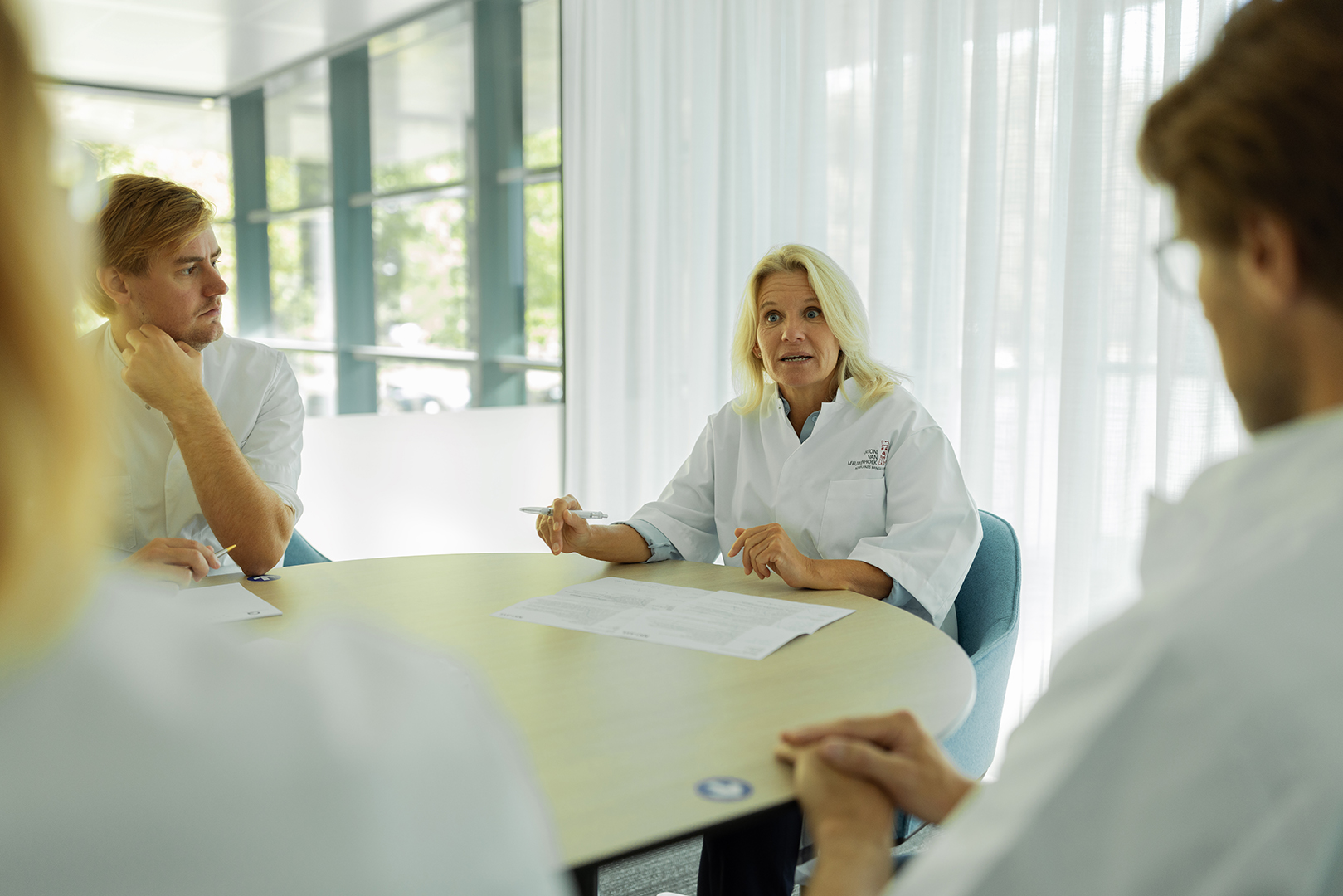
Is it safe to share my data?
Why is it important to share the data?
Who has access to this data? Is that safe?
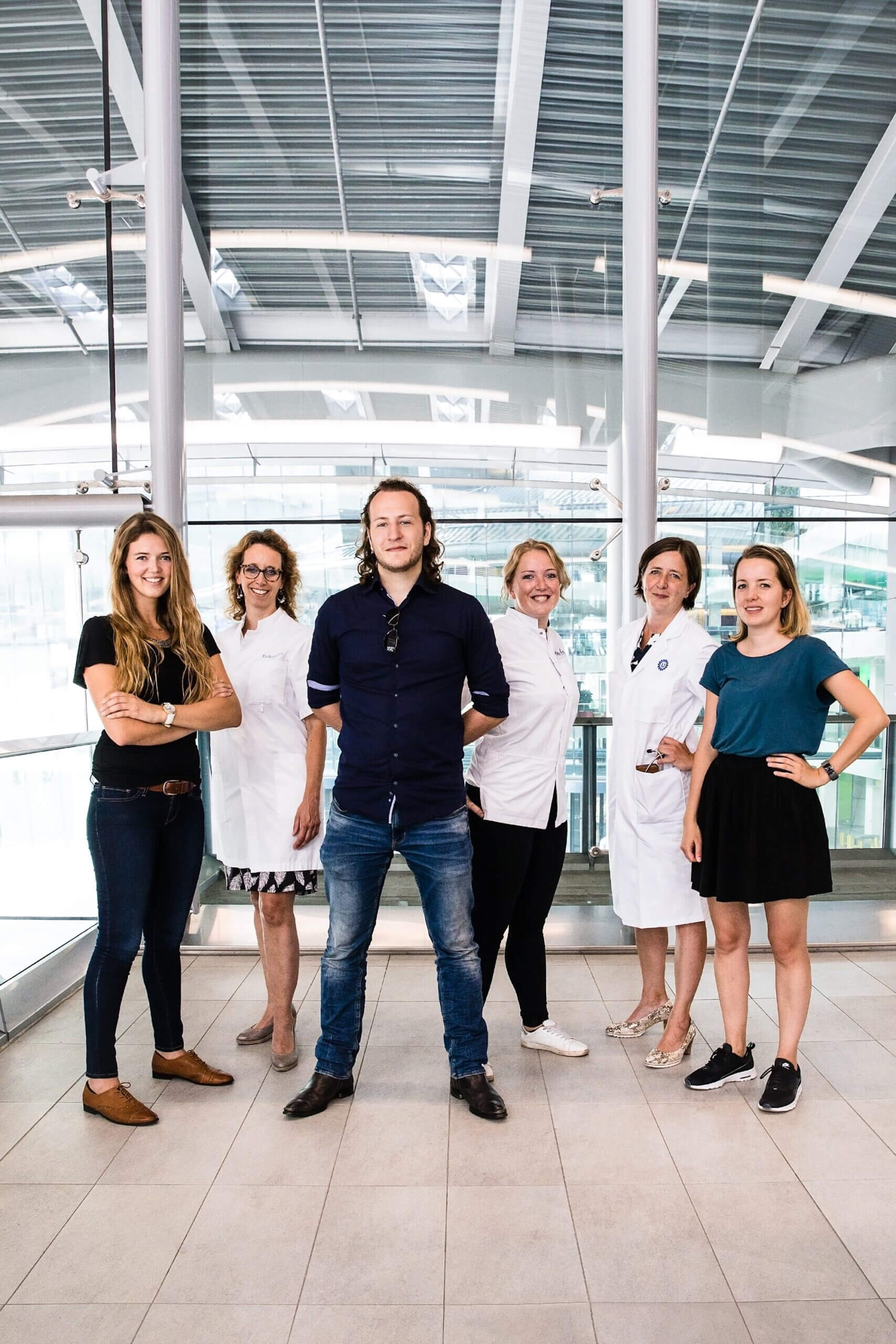
Elegible patients
Patients who were aged between 18 and 39 years when the cancer first manifested, with:
- Metastatic disease (excluding testicular cancer prior to treatment by primary care provider).
- Recurrent metastatic testicular cancer, recurrent Hodgkin’s or Non-Hodgkin’s lymphoma (after an initial treatment).
- Primary tumors with predicted 5-year survival rate <60%, being:
- All brain tumors (includes a small proportion with a better prognosis, but this cannot be determined in advance).
- Ewing sarcomas, embryonic rhabdomyosarcomas, nerve sheet tumors and other sarcomas with a poor prognosis (if necessary, in consultation with Hartwig).
- Triple-negative mammary carcinomas without a pathological complete response after neoadjuvant chemotherapy.
- Rare tumors: esophageal, gastric, hepatic, bile duct, pancreatic, pulmonary, respiratory and urinary tract tumors, or other rare tumors with a poor prognosis (if necessary, in consultation with Hartwig).
After registration
- A WGS test is performed and the results are immediately used for the diagnosis and treatment plan.
- The patient’s genetic data, treatment history and outcomes are stored in the Hartwig Medical Database. The attending physician first asks for the patient’s consent to include the data in the database.
What does participation involve?
- The attending physician at the hospital registers the patient for the WGS test.
- Procedure for hospitals.
When is the complete DNA test performed?
- The complete DNA test is carried out before treatment is started. If the treatment has already started, the patient will not be eligible for the test.
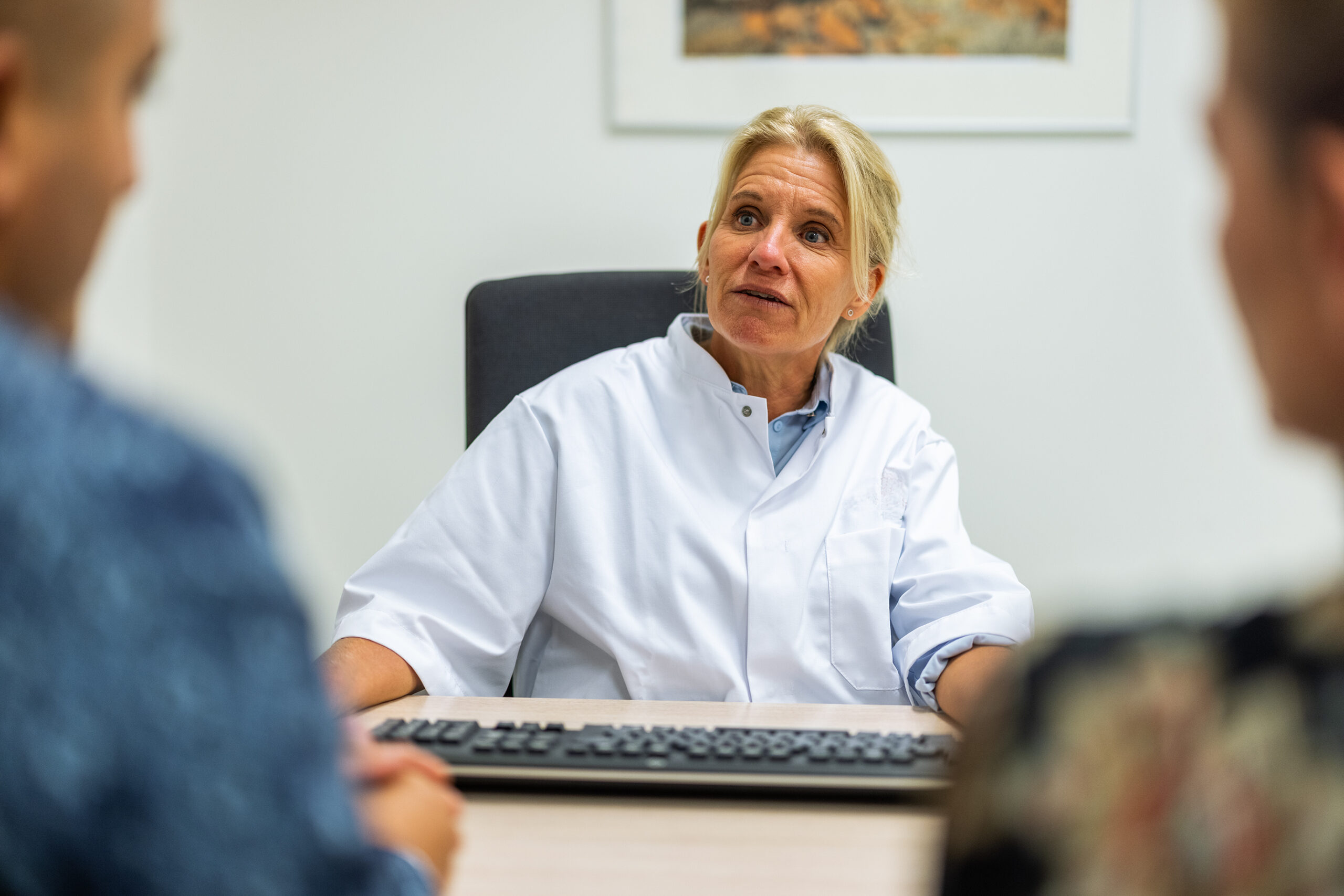
Which hospitals can request a WGS test?
Physicians can register their patients for a complete DNA test after the hospital has signed an agreement with Hartwig.
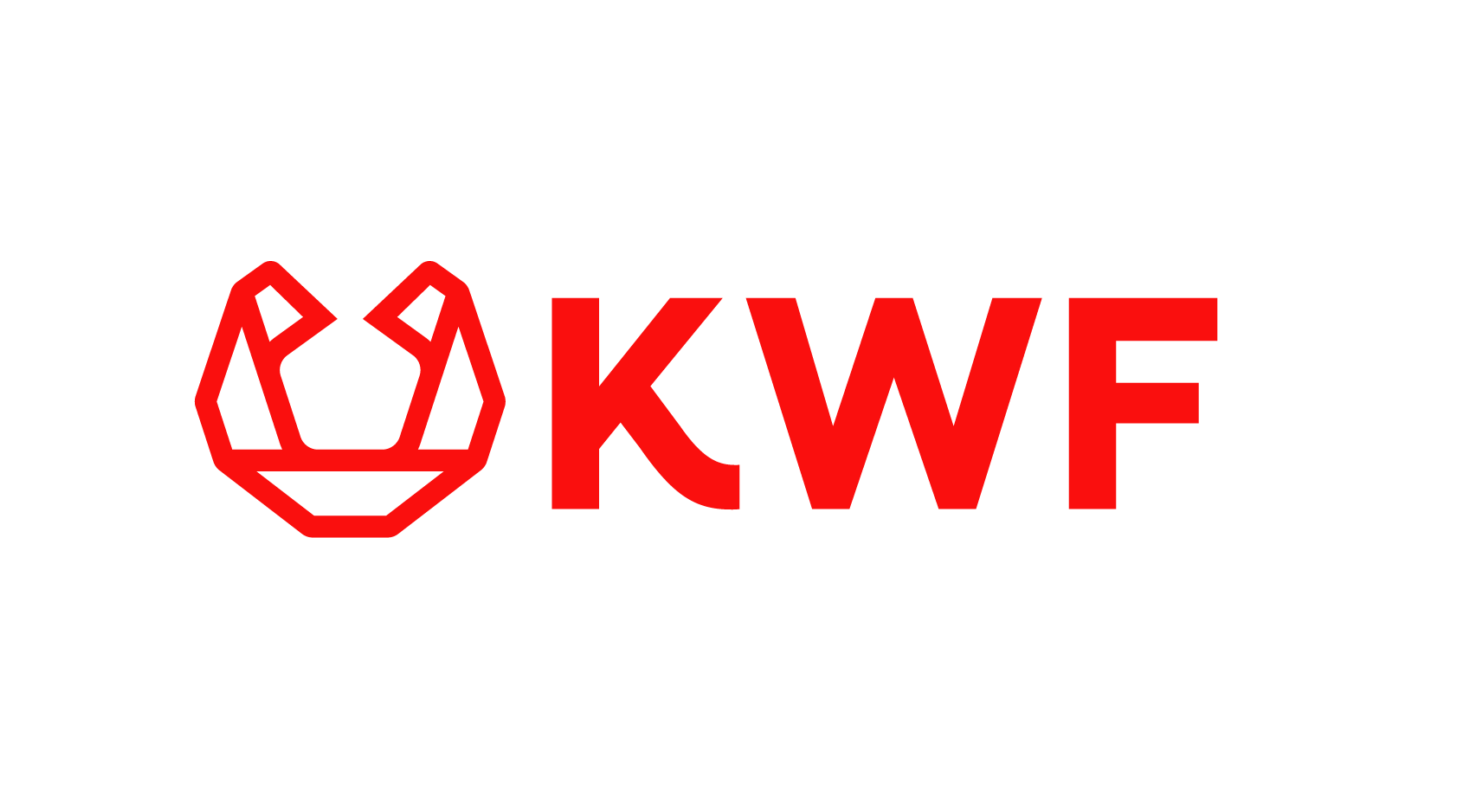
How does GENAYA work?
We know that cancer works differently in young people, but how exactly? To find this out we need more data. Hartwig Medical Foundation has received nearly €4.5 million in funding from the Dutch Cancer Society to strengthen the research infrastructure so that more WGS tests can be carried out and data can be collected for the database. Hartwig Medical Foundation will use this money to reveal the complete DNA of the tumors of 1000 young adults with cancer.
Fight cancer worked hard to raise the necessary money, which was made available to Hartwig for this research through the Dutch Cancer Society.
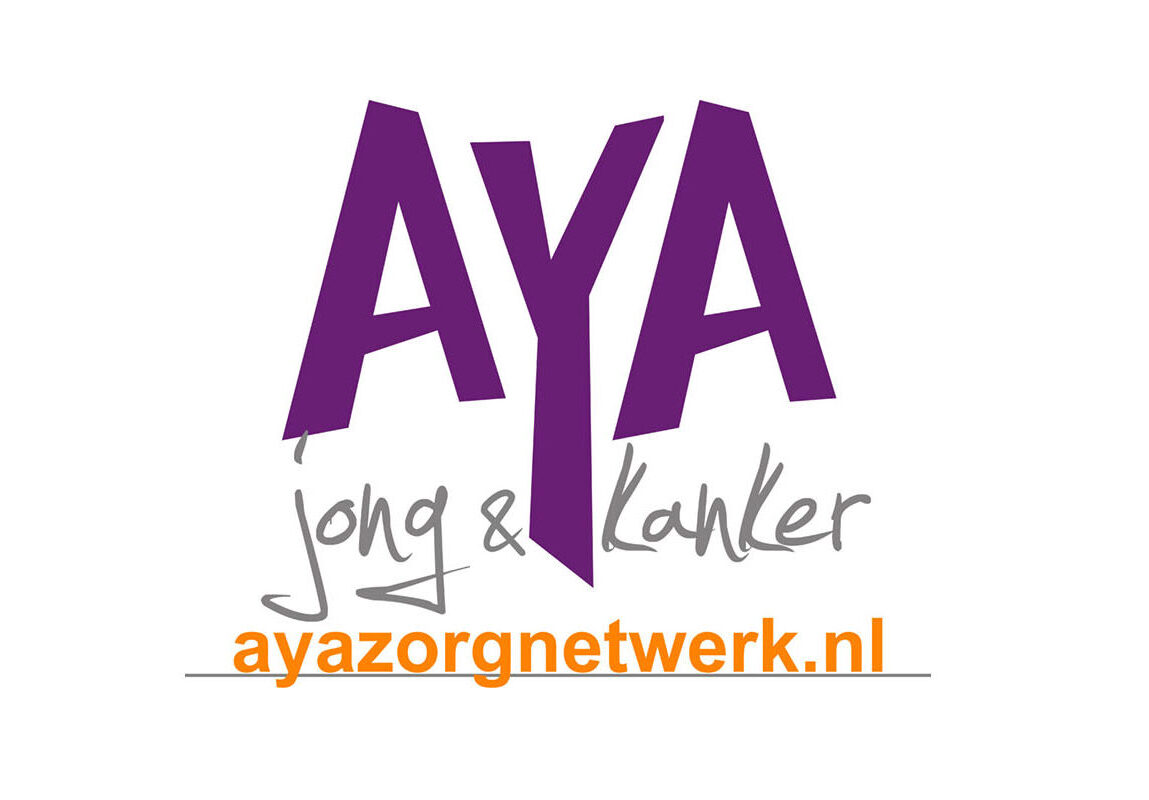
AYA ‘Young & Cancer’ Care Network
The AYA ‘Young & Cancer’ Care Network is a partnership of hospitals in the regional care networks in the Netherlands with the intention of ensuring that AYA care is made available as close as possible to all AYAs. Each regional network includes general hospitals that provide AYA care as well as one or two AYA knowledge centers. The university medical centers and the Netherlands Cancer Institute also have AYA outpatient clinics. The AYA care network is constantly growing as more and more hospitals and primary care professionals join the initiative.
AYA care is specific care for young adults who were diagnosed with cancer between the age of 18 and 39. AYA care has an integrated ‘whole person’ vision of care and focuses on the quality of life of AYAs during and after cancer, irrespective of the type of cancer, type of treatment, or stage of the disease. AYA care begins with the diagnosis and is integrated in the standard oncology care plan right through to the phase of aftercare or palliative care. The question of ‘who are you and what do you need?’ is always central to AYA care.
The GENAYA project’s plan to provide the WGS test to AYA patients with metastatic cancer as standard could be a valuable addition to AYA care in the future.
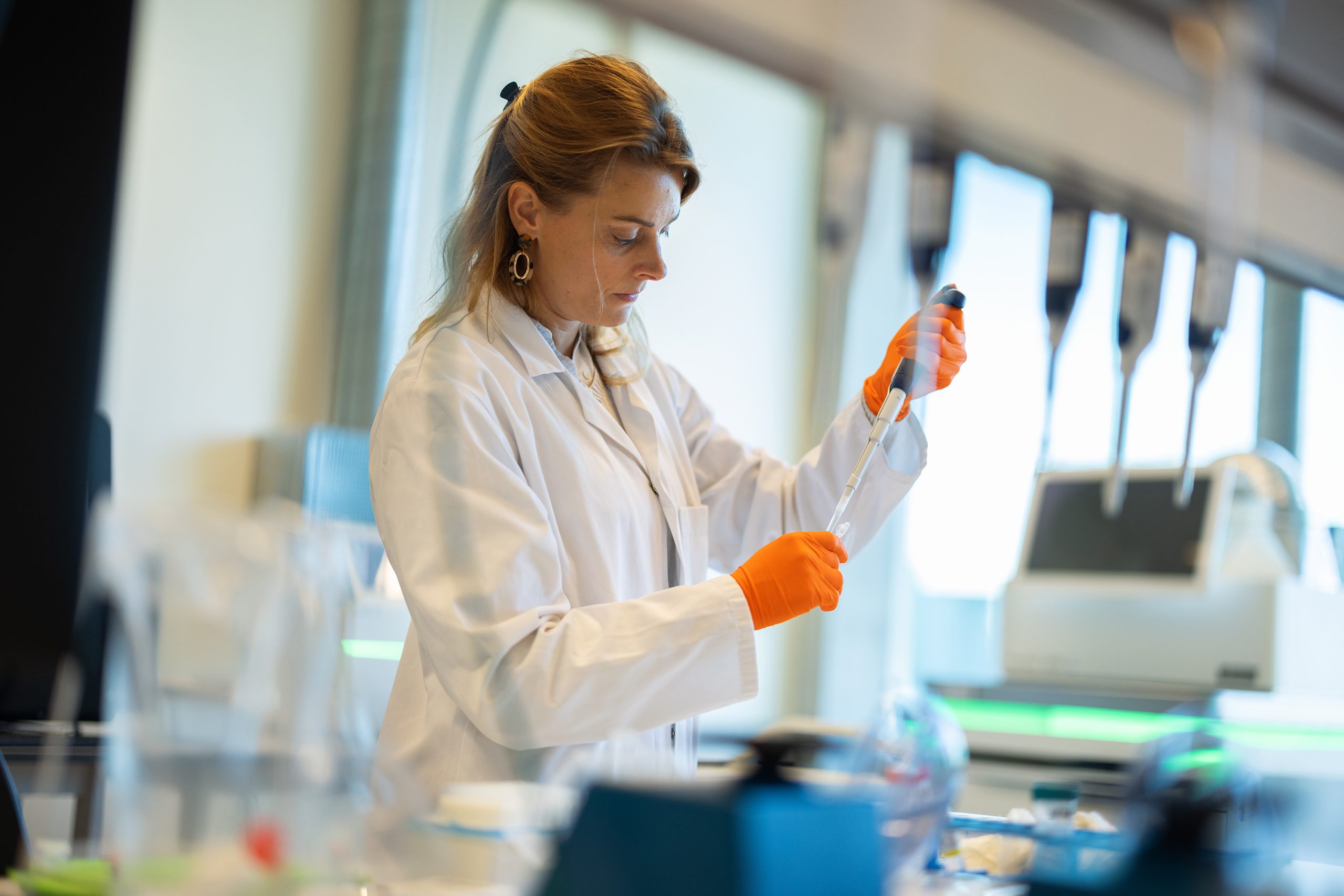
Why is Hartwig doing this?
Hartwig Medical Foundation is an independent not-for-profit organization. Its goal is to implement large-scale DNA testing to improve the care of patients with cancer. We do this by promoting cancer research and performing DNA tests on patients with cancer. The aim is to ensure that every patient with cancer can receive the treatment that is best for them.
Hartwig Medical Foundation was established with the help of donations and has ANBI (charitable) status.
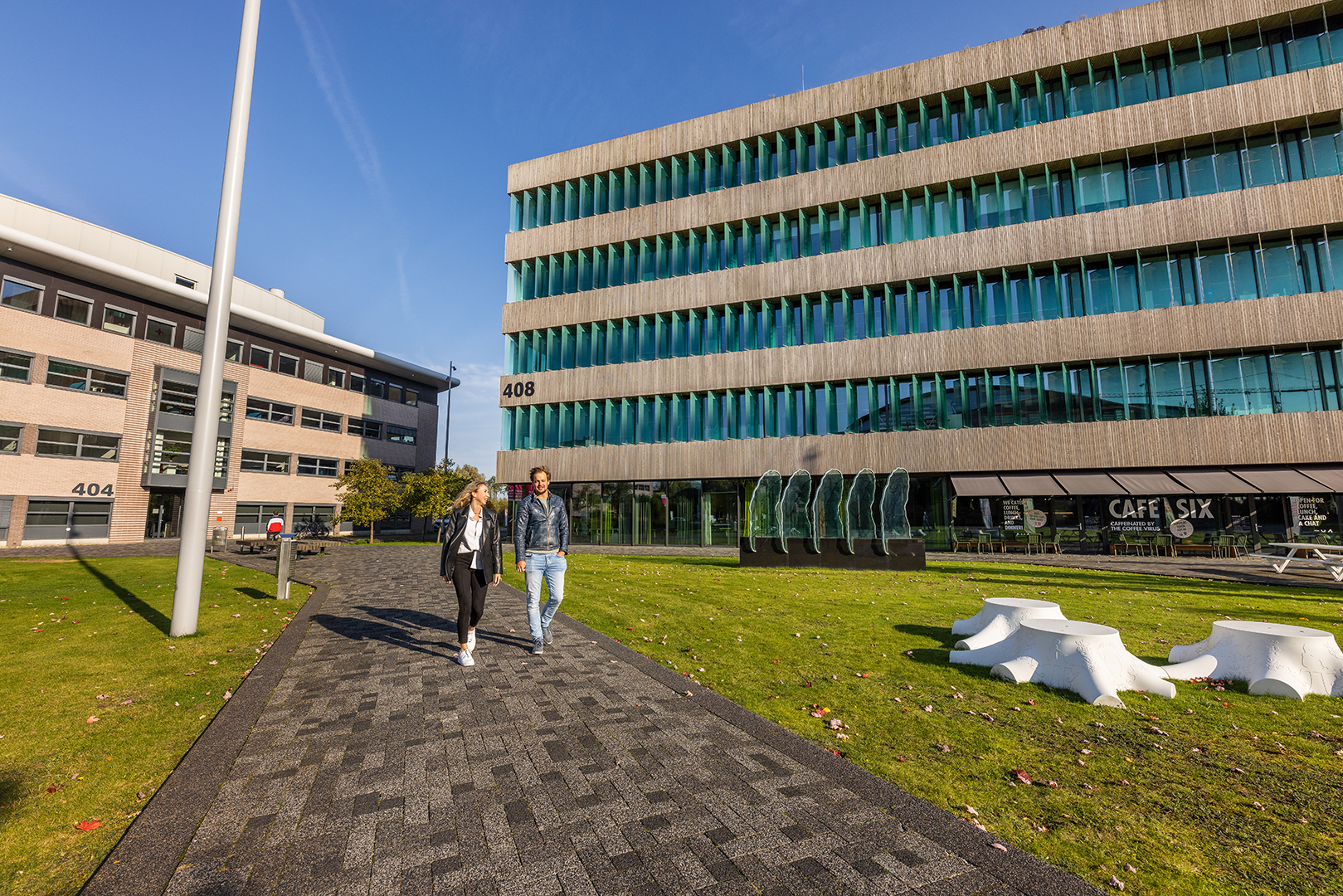
Would you like to know more?
Stay informed about the latest GENAYA news
GENAYA project info
Jeffrey van Putten, GENAYA research physician,
j.vanputten@hartwigmedicalfoundation.nl, +31 (0)20 2269 700
Hilde Nienhuis, internist-oncologist, GENAYA coordinator,
h.nienhuis@hartwigmedicalfoundation.nl, +31(0)20 2269 700
Contact Hartwig Medical Foundation
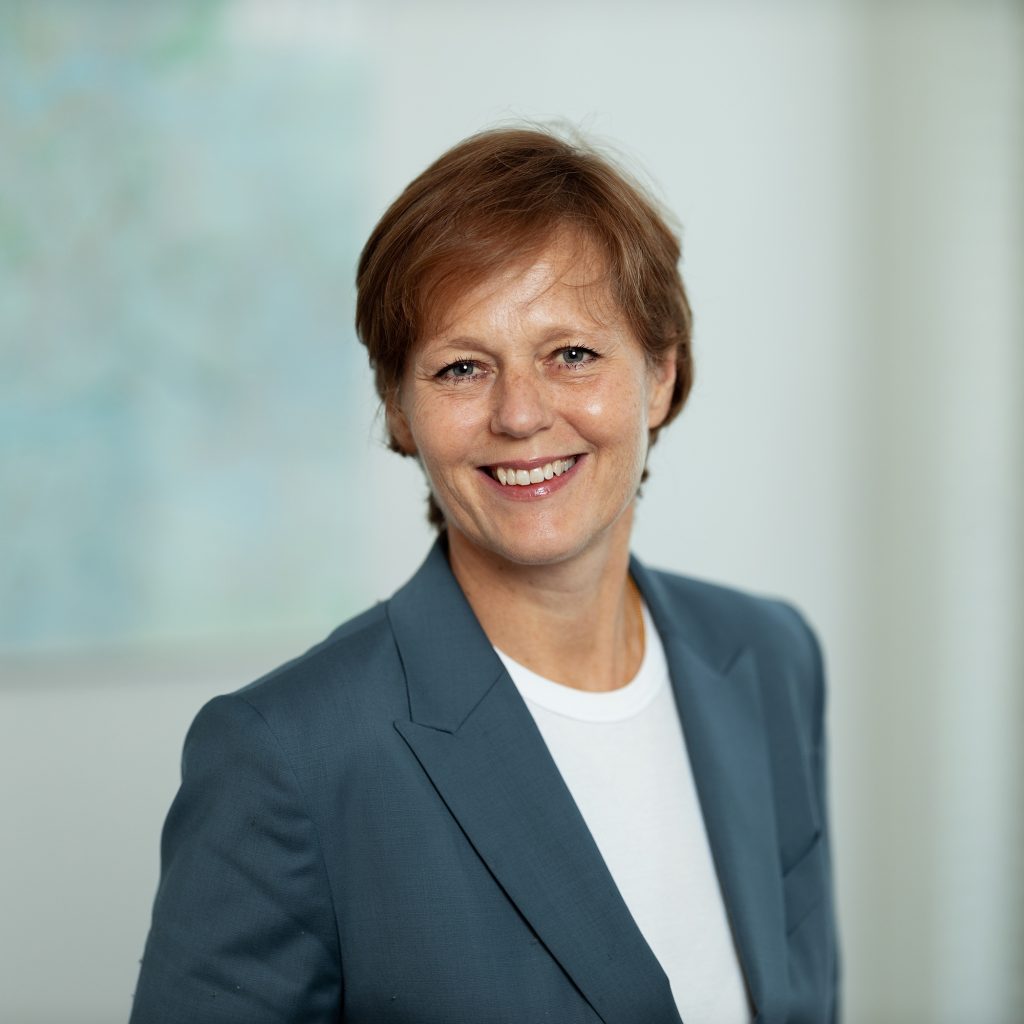
The fact that the CPCT, together with Hartwig Medical Foundation, has managed to bundle data, knowledge and expertise from almost all Dutch hospitals is unique and now also deserves international attention.